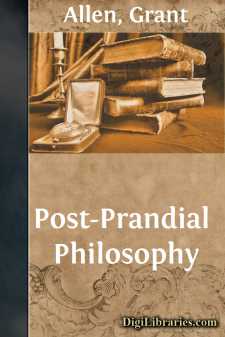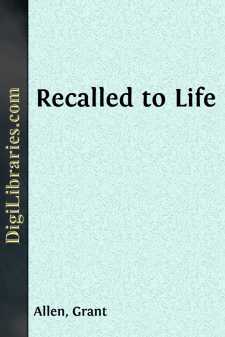Categories
- Antiques & Collectibles 13
- Architecture 36
- Art 48
- Bibles 22
- Biography & Autobiography 816
- Body, Mind & Spirit 145
- Business & Economics 28
- Children's Books 17
- Children's Fiction 14
- Computers 4
- Cooking 94
- Crafts & Hobbies 4
- Drama 346
- Education 58
- Family & Relationships 59
- Fiction 11834
- Foreign Language Study 3
- Games 19
- Gardening 17
- Health & Fitness 34
- History 1378
- House & Home 1
- Humor 147
- Juvenile Fiction 1873
- Juvenile Nonfiction 202
- Language Arts & Disciplines 89
- Law 16
- Literary Collections 686
- Literary Criticism 179
- Mathematics 13
- Medical 41
- Music 40
- Nature 179
- Non-Classifiable 1768
- Performing Arts 7
- Periodicals 1453
- Philosophy 66
- Photography 2
- Poetry 897
- Political Science 203
- Psychology 45
- Reference 154
- Religion 516
- Science 126
- Self-Help 85
- Social Science 82
- Sports & Recreation 34
- Study Aids 3
- Technology & Engineering 59
- Transportation 23
- Travel 463
- True Crime 29
Our website is made possible by displaying online advertisements to our visitors.
Please consider supporting us by disabling your ad blocker.
Post-Prandial Philosophy
by: Grant Allen
Categories:
Description:
Excerpt
THE STRUGGLE FOR LIFE AMONG LANGUAGES.
A distinguished Positivist friend of mine, who is in most matters a practical man of the world, astonished me greatly the other day at Venice, by the grave remark that Italian was destined to be the language of the future. I found on inquiry he had inherited the notion direct from Auguste Comte, who justified it on the purely sentimental and unpractical ground that the tongue of Dante had never yet been associated with any great national defeat or disgrace. The idea surprised me not a little; because it displays such a profound misconception of what language is, and why people use it. The speech of the world will not be decided on mere grounds of sentiment: the tongue that survives will not survive because it is so admirably adapted for the manufacture of rhymes or epigrams. Stern need compels. Frenchmen and Germans, in congress assembled, and looking about them for a means of intercommunication, might indeed agree to accept Italian then and there as an international compromise. But congresses don't make or unmake the habits of everyday life; and the growth or spread of a language is a thing as much beyond our deliberate human control as the rise or fall of the barometer.
My friend's remark, however, set me thinking and watching what are really the languages now gaining and spreading over the civilised world; it set me speculating what will be the outcome of this gain and spread in another half century. And the results are these: Vastly the most growing and absorbing of all languages at the present moment is the English, which is almost everywhere swallowing up the overflow of German, Scandinavian, Dutch, and Russian. Next to it, probably, in point of vitality, comes Spanish, which is swallowing up the overflow of French, Italian, and the other Latin races. Third, perhaps, ranks Russian, destined to become in time the spoken tongue of a vast tract in Northern and Central Asia. Among non-European languages, three seem to be gaining fast: Chinese, Malay, Arabic. Of the doomed tongues, on the other hand, the most hopeless is French, which is losing all round; while Italian, German, and Dutch are either quite at a standstill or slightly retrograding. The world is now round. By the middle of the twentieth century, in all probability, English will be its dominant speech; and the English-speaking peoples, a heterogeneous conglomerate of all nationalities, will control between them the destinies of mankind. Spanish will be the language of half the populous southern hemisphere. Russian will spread over a moiety of Asia. Chinese, Malay, Arabic, will divide among themselves the less civilised parts of Africa and the East. But French, German, and Italian will be insignificant and dwindling European dialects, as numerically unimportant as Flemish or Danish in our own day.
And why? Not because Shakespeare wrote in English, but because the English language has already got a firm hold of all those portions of the earth's surface which are most absorbing the overflow of European populations....












